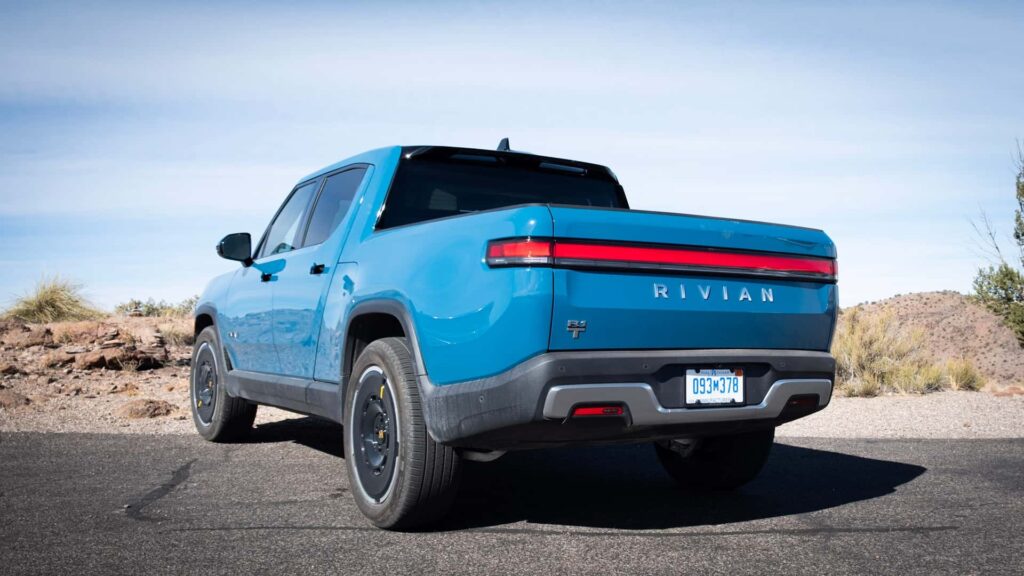During the first quarter of 2025, Rivian, the California-based electric vehicle startup, faced a challenging demand environment as it delivered 8,640 vehicles. This marked a significant 36% drop from the same quarter in the previous year when the company delivered 13,588 vehicles. Additionally, it was a 40% decrease from the prior quarter, where Rivian delivered 14,183 vehicles.
The decline in sales was attributed to various factors, including seasonality and the impact of wildfires in Los Angeles, a key market for the company. Rivian had previously anticipated lower sales and had warned during their fourth-quarter earnings call in February that vehicle sales would drop to around 8,000 units.
Despite the decrease in deliveries, Rivian remains optimistic about its annual projections. The company still expects to deliver between 46,000 to 51,000 vehicles in 2025. Production during the first quarter reached 14,611 vehicles at Rivian’s factory in Normal, Illinois.
Rivian’s current lineup includes the R1S SUV, R1T pickup, and a commercial van. The company recently made its commercial van available for purchase to businesses after an exclusivity deal with Amazon ended. Rivian did not provide a breakdown of sales between the different models.
Looking ahead, Rivian is gearing up to launch its highly anticipated R2 compact crossover in 2026. Priced around $45,000, the R2 will compete against popular vehicles like the Toyota RAV4 and Tesla Model Y. The company is hopeful that the launch of the R2 will drive sales and help offset the stagnant demand for its higher-priced R1 vehicles.
As the first-quarter numbers continue to roll in, the overall electric vehicle sales landscape in the U.S. is expected to become clearer. Despite the challenges faced in the early part of the year, Rivian remains committed to its long-term growth strategy and is focused on expanding its product offerings to attract a wider range of customers. Electric vehicle deliveries are expected to decline quarter-over-quarter, but they are projected to increase year-over-year, according to Cox Automotive. This trend could have significant implications for the EV market as a whole.
As the demand for electric vehicles continues to rise, automakers are facing both challenges and opportunities. While some companies may see a temporary dip in deliveries in the coming months, the overall trajectory is positive. This growth is driven by a combination of factors, including government incentives, increasing consumer awareness, and advances in technology.
One company that is poised to benefit from this trend is Rivian. Despite the expected decline in deliveries for the next quarter, Rivian is projected to see a significant increase in year-over-year deliveries. This is a promising sign for the company, which has been gaining traction in the EV market with its lineup of electric trucks and SUVs.
The rise in EV deliveries is not limited to Rivian, however. Other automakers, such as BMW, Toyota, and Volvo, have also reported strong sales numbers in the first quarter of the year. This indicates a growing interest in electric vehicles across the board.
On the other hand, Tesla has experienced a slight downturn in deliveries, marking its worst performance in over two years. This could be a temporary setback for the company, which has been a pioneer in the EV industry.
Overall, the outlook for electric vehicle deliveries remains positive, with year-over-year growth expected to continue. As the market matures and more consumers make the switch to electric vehicles, automakers will need to adapt to meet the increasing demand. With advancements in technology and a greater focus on sustainability, the future of the EV market looks bright.
For more information on the latest developments in the EV industry, contact the author, Tim Levin, at Tim.Levin@InsideEVs.com.

